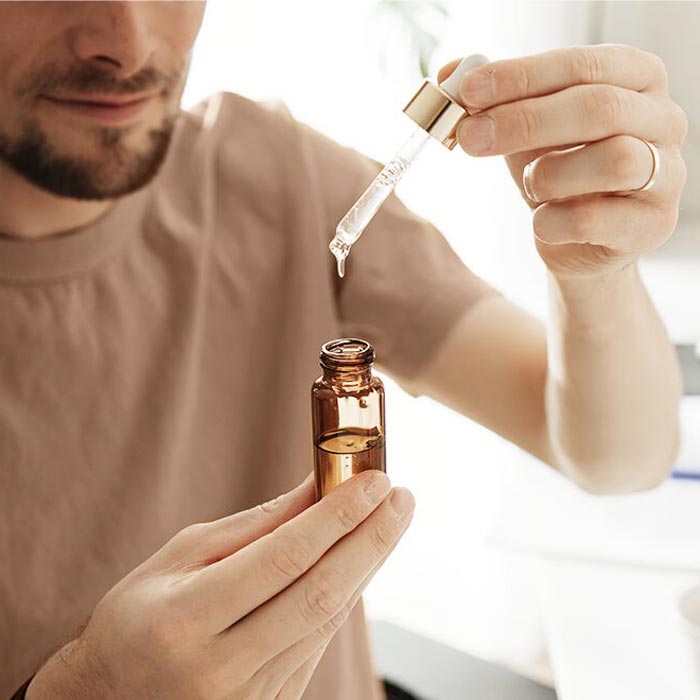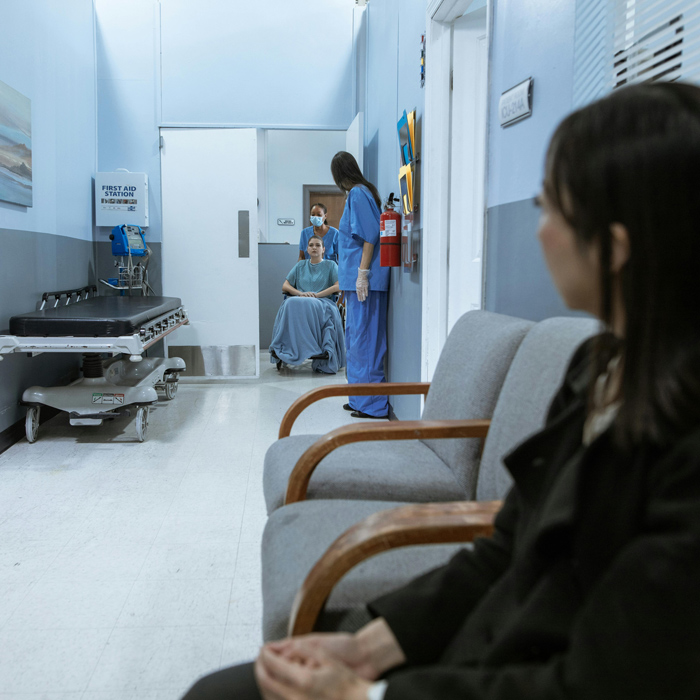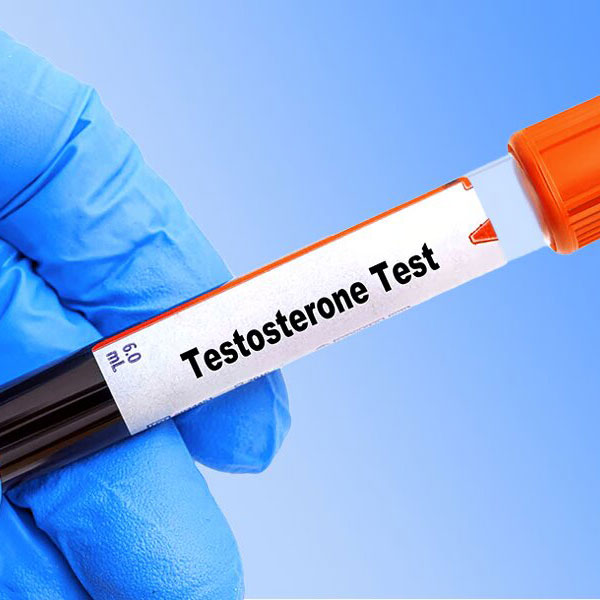CBD for Work-Related Stress: Tips and Strategies for a Calmer Mind
CBD is an effective way to manage anxiety and stress. However, it might not be right for everyone. This is especially true for those who require a high level of concentration or motivation while at work. You may want to use CBD at work in small doses to avoid any side effects.
Takeaways:
- CBD, a naturally occurring substance found in cannabis plants. CBD does not produce the same “high as THC” and is gaining attention for its potential therapeutic benefits.
- CBD is not illegal, but it can cause side effects such as drowsiness and loss of concentration. It may not suit everyone.
- Incorporating CBD into your daily life requires that you start with small doses, and be mindful of what tasks must be completed.
- You can reduce work-related anxiety without using CBD by reaching out to others for support or implementing a balance between work and life.
What is CBD?
Cannabidiol is a natural compound found in the cannabis plant. Although it is a cannabinoid, it is not psychoactive and does not cause the typical “high” associated with marijuana.
CBD’s potential therapeutic benefits have attracted a lot of attention. It interacts with endocannabinoids (molecules produced by the body) which regulate various physiological processes such as pain, appetite, mood and immune function.
[ruby_related heading=”More Read” total=3 layout=1 offset=5]
Can CBD be taken before working?
is not intoxicating and CBD does not have the same effects as THC. However, people who take higher doses may experience mild side-effects such as drowsiness or difficulty concentrating, along with changes in appetite.
Not all work-related activities are suitable for CBD consumption.
CBD is not suitable if you are required to drive or focus for your job. Check with your employer about their rules and regulations regarding CBD use. They may not allow CBD to be taken in the workplace.
How to include CBD in your daily routine
It is important to know how your body reacts to CBD prior to using it in your work environment. There are many ways to test CBD before adding it to your daily routine.
- Try a small dose. To begin with, if you are new to CBD and want to see what it does for you, try a smaller dose. To gauge the effects of CBD on your mind and body, it’s best to first try CBD when you’re not under any pressure, like on a day-off.
- Understand the product. Different CBD items have different potencies and onset times. Sublingual or vape administration may have faster effects than CBD edibles. Understanding the product characteristics will allow you to time your intake appropriately.
- Keep in mind your daily tasks. CBD can help you perform tasks more effectively and safely if your job demands attention, precision, or heavy machinery.
- Check the THC content. Most CBD products made from hemp only contain trace amounts of THC (0.3% and less), but some products can have higher levels. THC can cause intoxication and impair cognitive functions, so choosing CBD products that contain negligible amounts of THC is important to remain alert and focused while at work.
- Be prepared for any side effects. Although CBD is generally well tolerated by most people, some may experience side effects such as drowsiness. Be prepared for potential side effects if you are planning to take CBD before going to work. Have a plan in place if you start feeling drowsy.
CBD can help with stress management
has been shown to reduce anxiety, stress and sleep in CBD users.
In a study on CBD use for epilepsy and seizures, it was found that CBD reduced anxiety and stress symptoms in most people and could be useful at low doses. This same study also found that high doses CBD caused drowsiness, and reduced focus. This suggests that CBD may not be the best choice for people who are required to focus on work-related tasks requiring high concentration.
Take CBD
CBD can be taken in a variety of ways, depending on your lifestyle, preferences and desired effects.
- Tinctures and oils. CBD tinctures and oils are liquid extracts with a dropper. Under your tongue, place the desired amount (of oil or tincture) and hold for 60 seconds. Then swallow. This allows rapid absorption via sublingual blood vessels.
- Edibles. The CBD compound can be added to a variety of food products such as chocolates, cookies and beverages. Edibles are a discreet and convenient way to consume CBD. However, they can take longer to work because the compound has to pass through your digestive system.
- Vaping. You can vape CBD using a vape pen or vaporizer. Vaping CBD allows it to quickly enter the bloodstream through the lungs and provide rapid effects. It’s important to select high-quality CBD products and avoid additives such as propylene glycol.
- Topicals. Creams, lotions and oils containing CBD can be applied directly on the skin. These products are used to relieve localized pain, like sore muscles and joint pain. Topical CBD products are not systemic because very little CBD is absorbed into the bloodstream.
CBD: Side effects and risks
CBD’s side effects are not well-known. Many studies have shown that CBD is not toxic and does no increase in heart rate, blood-pressure, or body temperature. This makes it a safer alternative to other nonmedical anxiety treatments.
Most commonly reported side effects include increased appetite, drowsiness and loss of focus. It is important to begin with small doses and work up to a manageable amount when consumed regularly.
CBD can help reduce stress at work
CBD is beneficial to those who don’t need to be able concentrate at work or drive. CBD may cause drowsiness, which can put you or others in danger when driving or operating machines.
CBD is a safe, effective way to reduce anxiety at work. If you’re interested in CBD for your job, begin with small doses. Gradually increase the dose until it is comfortable.
Stress at work can be managed in other ways
Maintaining your productivity and well-being at work requires that you manage stress. There are many effective ways to reduce and manage stress at work without CBD.
- Seek support. Share your feelings with a friend, coworker who is supportive, or a family member. Sharing your stress can help you to feel better. It also gives you a new perspective. You should also communicate with your boss about any unfair or uncomfortable situations at work that cause stress. If they understand the needs of their employees, they may be able make some changes.
- Mental Health Apps can be extremely useful Tools to help with stress and anxiety. Many apps are available for free or at a low price. These apps are great for meditation and mindfulness. They can also help you to get back on the right track towards a peaceful mind.
- Determine the source of the stress. By understanding the specific aspects of the job that are causing stress, you can find solutions. Keep a stress diary to record stressful situations and how you react to them.
- Prioritize your time management. Organise and prioritize tasks based on their importance and deadlines. Making a list of tasks and breaking them down into smaller, more manageable steps will help you feel less overwhelmed.
- Maintain a balance between your work and private life. Establish boundaries. You should not check your work email or take calls in the evenings. Instead, make time to enjoy hobbies and activities you like.
CBD can have side effects. Although it has been proven to reduce stress and anxiety, and may even help with work-related stresses, you should be aware of them. CBD can cause drowsiness, so it is important to avoid driving while using CBD. It’s best to test your dose before or while at work. There are a number of alternative ways to cope with work-related stresses, such as reaching out for help, identifying the cause, improving time management and practicing a healthy balance between work and life.
You should seek appropriate counseling and contact a medical professional if you feel that your workplace is creating too much anxiety or stress.
Resources
- Journal of Cannabis Research. Reasons for cannabidiol use: a cross-sectional study of CBD users, focusing on self-perceived stress, anxiety, and sleep problems.
- British Journal of Clinical Pharmacology. A systematic review of cannabidiol dosing in clinical populations.





